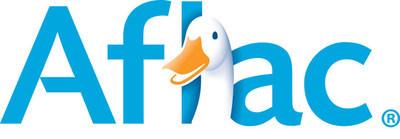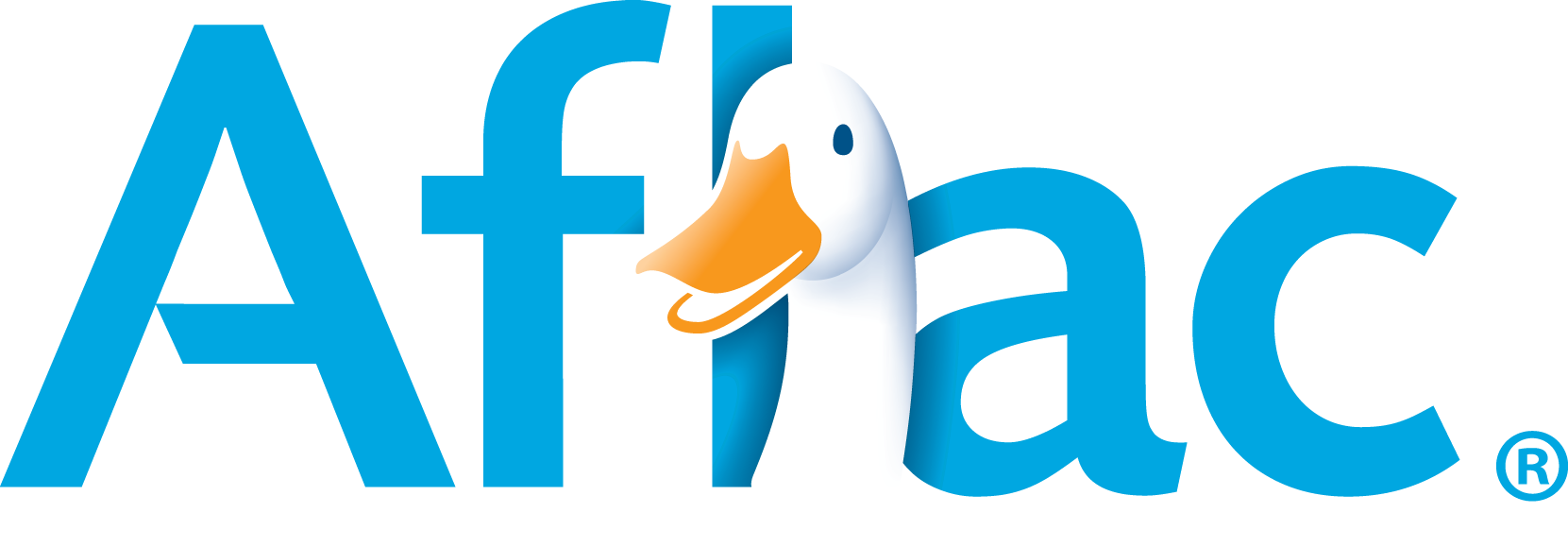Workforce Retention on the Line As Employers Battle Employee Burnout
Nearly 90% of employees reporting high levels of burnout also faced other mental health challenges over the past year

Originally published on Aflac Newsroom
COLUMBUS, Ga., November 2, 2023 /3BL/ -- Employers across various U.S. industries and regions are struggling to meet their employees' health care benefits needs — and employee satisfaction, wellbeing and retention are at stake, according to the 13th annual Aflac WorkForces Report released by Aflac Incorporated, a leading provider of supplemental health insurance and products in the U.S. The Aflac WorkForces Report tracks the state of the American workplace among employees and employers, year over year, capturing trends, attitudes, needs and experiences in health care and benefits administration.
The slow burn of burnout
The nationally representative survey underscores employees' concerns about mental health — especially burnout. Employees want their employers to care about their overall wellbeing and provide resources to stay ahead of burnout, but the study shows their confidence is waning — causing some to consider other job opportunities.
Consistent with 2022 survey findings, more than half (57%) of all American workers say they are currently experiencing at least moderate levels of burnout. The most significant culprit is workplace stress — with heavy workloads as the biggest stressor — and it's disproportionately affecting both women and younger workers. Other survey findings include:
- Employees' confidence in how much their employers care about them has declined significantly: 48% in 2023; 56% in 2022; 59% in 2021.
- The overwhelming majority (89%) of employees who report high levels of burnout also have experienced other mental health challenges over the past year, including anxiety, depression and trouble sleeping, among others.
- 67% of Gen Z and 64% of millennials say they are facing moderate to high levels of burnout.
- Women are vulnerable, too, with 75% reporting burnout at work as opposed to 58% of men.
"Survey results on mental health and wellbeing in the workplace are alarming and continue to be challenging, but employers can face these challenges head-on and turn them into opportunities," said Jeri Hawthorne, senior vice president, chief human resources officer, Aflac Incorporated. "Offering benefits that include mental health tools and resources, in addition to work-life balance perks, such as flexible work schedules, can help with employee satisfaction, retention and recruitment."
A balancing act for employers
The steady rise in benefits costs and looming concerns of increasing prices of everyday goods and services are causing employers to cautiously navigate balancing their benefits budgets, satisfying employees — and, more importantly than ever, retaining them. The study uncovered that 53% are at least somewhat likely to accept a position with lower pay but better benefits.
"The cost of benefits is creating a ripple effect for employers," said Hawthorne. "They want to remain competitive by offering benefits their employees are looking for while staying budget conscious. They're also faced with retention pressure and tough decisions to push expenses to employees, such as increasing employee deductibles or employees' share of health insurance premiums."
The great divide in benefits satisfaction and understanding
The gaps are widening between employers' perceptions and employees' lived experiences with benefits satisfaction and understanding, according to the study. Key survey findings:
- 78% of employers believe their employees are highly satisfied with their benefits, compared to only 59% of employees who express high satisfaction.
- 79% of employers think employees understand benefits costs well, while fewer than half (48%) of employees say they do.
"When employees do not fully understand the inner workings of their policies and health care costs, it's difficult for them to prepare for an unexpected medical event," said Hawthorne. "It's important for employers to actively communicate about benefits year-round — not just during open enrollment periods."
Financial fragility, smarter choices
Employees' stress and anxiety about their financial health are caused not only by rising costs, but also by the potential of unexpected medical expenses. This has led employees to spend less and save more over the last year, according to the survey. More employees have financial resources on hand to cover a medical emergency, compared to last year; however, the state of financial wellness among American workers — and their outlook on the economy — remain fragile. Key survey findings:
- 51% of employees have savings on hand for a medical bill — up from 45% in 2022 — but 50% can't afford more than $1,000 in out-of-pocket (OOP) medical expenses.
- 54% of employees say they could survive a month without a paycheck, down from 62% in 2022.
- 50% of employees think the economy is worse than it was a year ago; 30% indicate that they are in a worse financial position than they were a year ago.
Financial instability disproportionately impacts Hispanic workers. Key survey findings:
- 66% of all Hispanic workers could not go more than a month without a paycheck — compared to 51% of non-Hispanic workers.
- 57% of Hispanic workers could not afford $1,000 in unexpected OOP health care-related costs, compared to 49% of non-Hispanic workers.
- When faced with an unexpected medical expense, Hispanic workers also would be more likely to have to rely on family or friends (29% vs. 24% of non-Hispanic workers) or seek a second job for supplemental income (26% vs. 18% of non-Hispanic workers).
- Hispanic workers are less likely than their non-Hispanic counterparts to be able to pull from a checking or savings account to cover unexpected medical expenses (43% vs. 53%).
Meeting employees where they are in the digital space
Survey responses show employees' needs are not being met when it comes to enrolling in and managing their benefits online. Most employers recognize the importance of having a benefits provider that offers a user-friendly, digital interface. A similar proportion of employees value the convenience of managing their benefits online. Key survey findings:
- 82% of employees overall — and 87% of millennials — think it's important to enroll in and manage their benefits online.
- 82% of employees stress the importance of being able to manage benefits online, yet 45% of employers do not offer the ability to enroll in benefits online.
- 64% of organizations offer online benefits management, down from 67% in 2022 and 79% in 2021.
- 8 in 10 employers indicate that it is very important for their benefits provider to be innovative and lead in digital technology.
- Nearly one-third of employees say they aren't comfortable working with AI to manage their benefits, whereas fewer employers (1 in 10) feel the same way.
"Employers have an opportunity to build benefits programs their employees need and make it easy to navigate and manage their options online. Leaning into benefits providers who excel in digital technology can make a big difference and increase employee satisfaction," said Hawthorne.
Supplemental insurance helps provide financial security and boosts recruitment, retention
Supplemental benefits that directly address employees' anxieties about the future can be a compelling solution. According to the survey, more than half of all employees express a high degree of interest in purchasing supplemental health insurance that helps cover serious illnesses or conditions — if they have family history. This interest is higher among younger generations than baby boomers and significantly higher among Hispanic workers (62%), compared to their non-Hispanic counterparts (50%).
According to the survey, the majority of employees (88%) with supplemental insurance say those benefits provide an added layer of financial security, yet only 39% of employers indicate that they offer supplemental insurance options to their employees. Of employers who offer supplemental insurance to their employees, 80% believe these benefits help with recruitment, and 82% say they help with retention.
The 2023-2024 Aflac WorkForces Report highlights the important role benefits programs play in employees' wellbeing and satisfaction. Supplemental insurance remains a core component of a comprehensive benefits package to help attract and retain employees. Employers will foster a more resilient workplace by understanding their employees' needs and offering resources for mental health and financial wellbeing while leveraging innovative technology.
Additional survey findings, demographic information, workplace trends and more can be found in the 2023-2024 Aflac WorkForces Report at Aflac.com/AWR.
ABOUT THE 2023-2024 AFLAC WORKFORCES REPORT
The 2023-2024 Aflac WorkForces Report, conducted by Kantar on behalf of Aflac, is the 13th annual study examining benefits trends, attitudes and use of employee benefits in the U.S. workforce in various industries and business sizes. The employer survey took place online June 2-25, 2023, and the employee survey took place online June 2-27, 2023. Throughout this report, some percentages may not add up to 100% due to rounding of some responses. The surveys captured responses from 1,201 employers and 2,000 employees across the United States. For more information, visit Aflac.com/AWR.
ABOUT AFLAC INCORPORATED
Aflac Incorporated (NYSE: AFL), a Fortune 500 company, has helped provide financial protection and peace of mind for more than 67 years to millions of policyholders and customers through its subsidiaries in the U.S. and Japan. In the U.S., Aflac is the No. 1 provider of supplemental health insurance products.1 In Japan, Aflac Life Insurance Japan is the leading provider of cancer and medical insurance policies in force. In 2021, the company became a signatory of the Principles for Responsible Investment (PRI). In 2022, the company was included in the Dow Jones Sustainability North America Index for the ninth year, the World's Most Ethical Companies by Ethisphere for the 17th consecutive year, Fortune's World's Most Admired Companies for the 22nd time and Bloomberg's Gender-Equality Index for the fourth consecutive year. To find out how to get help with expenses health insurance doesn't cover, get to know us at aflac.com or aflac.com/espanol. Investors may learn more about Aflac Incorporated and its commitment to corporate social responsibility and sustainability at investors.aflac.com under "Sustainability."
1 LIMRA 2021 US Supplemental Health Insurance Total Market Report.
Media contact: Jon Sullivan, 706.573.7610 or jsullivan@aflac.com
Analyst and investor contact: David A. Young, 706.596.3264 or dyoung@aflac.com
SOURCE Aflac

